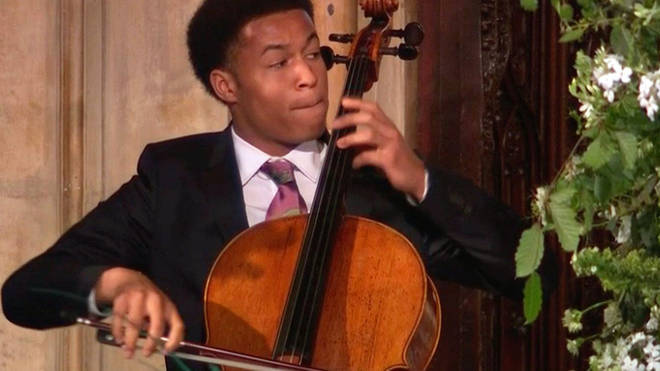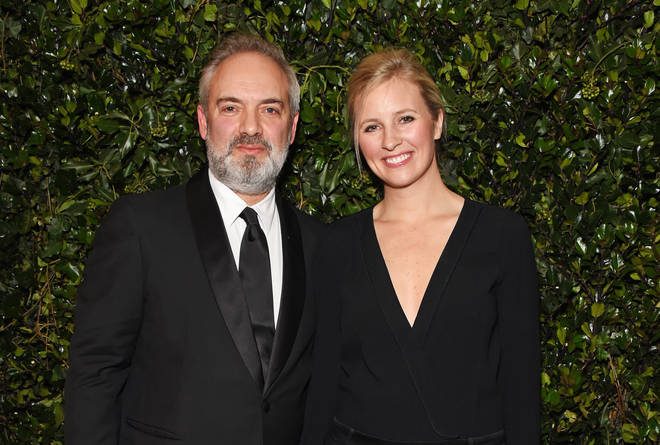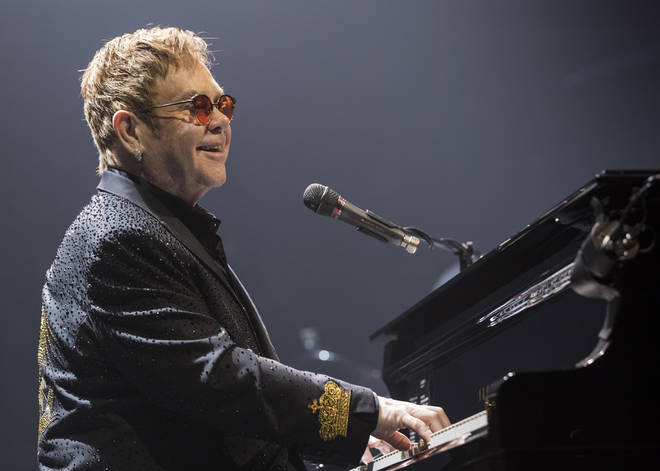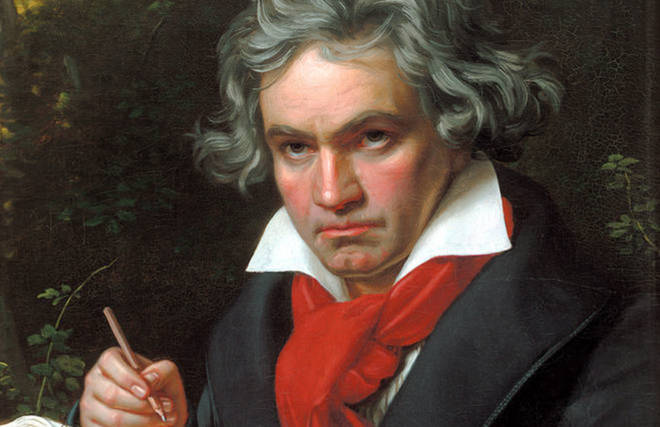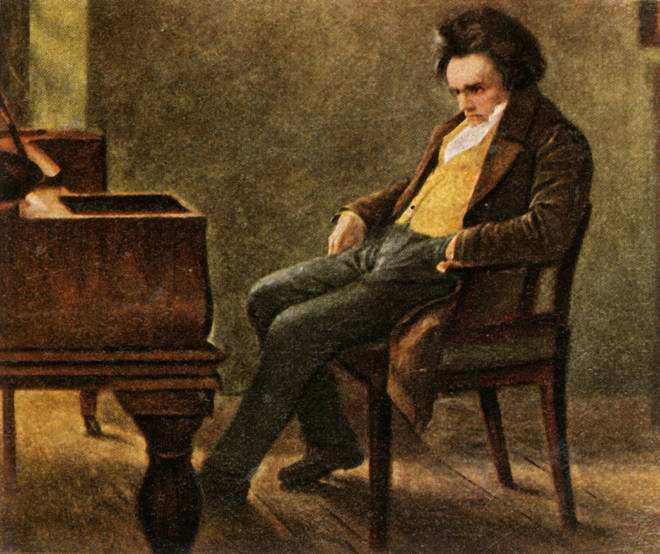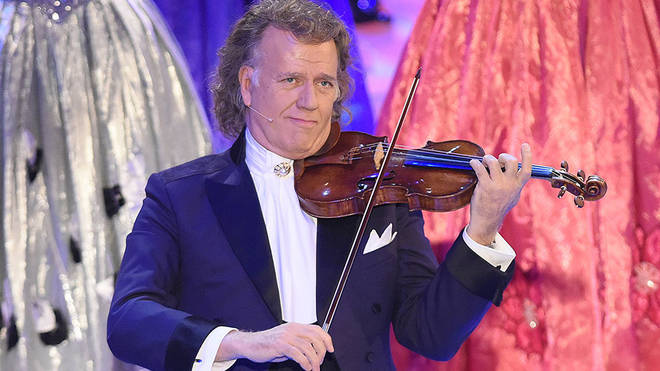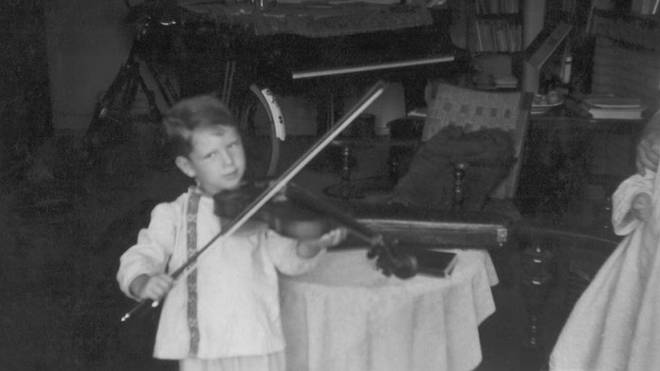
Reading with the right soundtrack is a fine art: which piece of classical music goes with your book?
Curling up with a great book and the perfect classical soundtrack: truly, can you name anything more enjoyable?
But choosing the right piece to accompany your literary experience is fraught with danger. Pick something obtrusive and well-known, and you risk losing focus. Pick something insufficiently active and you may as well not bother.
So here’s our list of perfect music to accompany your latest fireside read, all of it perfectly pitched to enhance your novelistic experience...
Samuel Barber: Violin Concerto
If you’re grappling with the literary boom that brought us what became known as the ‘Great American Novel’, you’ll need a suitably Yank-inclined soundtrack to aid your reading.Whether it’s Fitzgerald or Baldwin or Bellow, it’s essential to listen to a piece which captures and crystallises an American state of mind.There are of countless examples, but s violin concerto is a true American great: grandstanding and slick, but deeply emotional in its slower passages, it’ll bring out the lyrical zip of the right novel.Joseph Haydn: Symphonies
Reading the classics? Need to feel the perfect mix of stately propriety and cheekiness to go with your subtly subversive comment on high society?’s status as a mere courtly composer does him a bit of a disservice, and likewise, the true impact of greats like Jane Austen wasn’t truly appreciated until much later. And paired together, it really works.Ludwig van Beethoven: Symphony No. 7 (second movement)
Taking in the complex and circulatory narratives of a classic crime thriller needs a contemplative soundtrack as you survey all the angles and try to work out whodunnit.Cycling through the suspects in an Agatha Christie vignette means evaluating the options over and over, and ’s cyclical, haunting and tense motif will help you mull over the motives.Howard Shore: The Lord Of The Rings
Absolute top tip: when you’re reading fantasy fiction – whether it’s George RR Martin or Ursula Le Guin – movie music can be distracting. But if you stick to the less hummable, more background-y bits of ’s mammoth compositions for Peter Jackson’s Tolkien movie adaptations, you’ll be surprised how immersive your reading experience becomes.Now, you might be tempted to go a step further in this direction and try ’s Ring Cycle for some extra depth and intrigue for your fantastical jaunt, but we must advise caution: Wagner and books only makes for torn pages and weeping.Gerald Finzi: Eclogue
Almost imperceptibly melancholic, i’s sweeping work is the perfect soundtrack to a winsome bit of nature writing.Deeply imbued with the bucolic soul of the English countryside, his Eclogue is just the thing if you’ve got some Robert MacFarlane or Laurie Lee nestling on your bedside table. You are about to have your mind very gently and wholesomely blown.Arvo Pärt: Berlin Mass
With his ‘tintinnabulation’ compositional technique to the fore, there is a hypnotic quality to ’s Berlin Mass (Berliner Messe) which is suited to any book with an atmosphere to get lost in.A Shirley Jackson novella, perhaps some engrossing and otherworldly science fiction like Frank Herbert’s Dune, maybe even an unsettling work like Margaret Atwood’s The Handmaid’s Tale: all of these will take on a different character with a soundtrack like this.Franz Liszt: Liebestraum
Take a novel with deep romantic themes and pair it with , the master of the romantic piano.Sigh along with his indelible melodies as Rhett Butler and Scarlett O’Hara fall (or fail to fall) into each other’s arms. Swoon as the aching right hand motifs draw you deeper into Love In The Time Of Cholera.Or just pop it on while you’re reading Jilly Cooper, we’re not here to judge.



